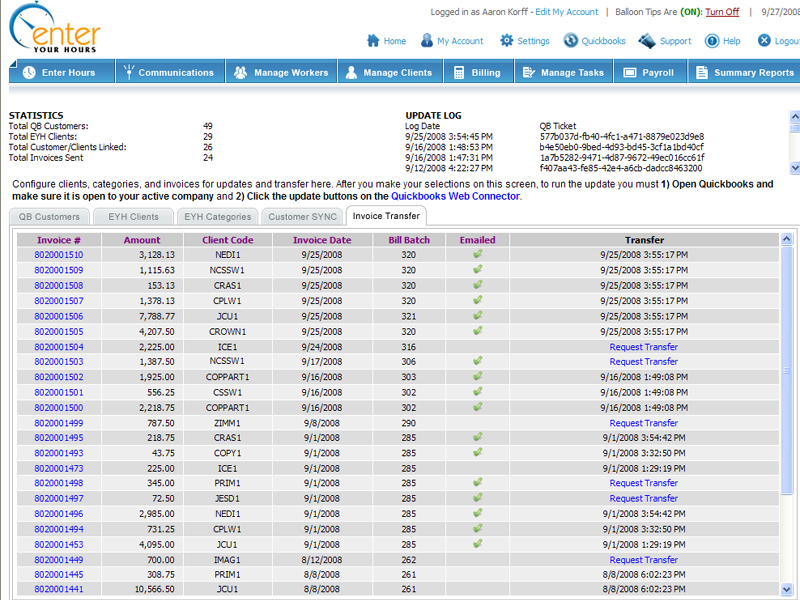

The Long-Term Case For INTU StockĪll told, the sell-off here does make some sense. Even the crypto boom/bubble helped Intuit: management has estimated that some 4 million filers had crypto transactions, which added complexity and likely boosted upselling.Īgain, Intuit stock is cheaper but hardly cheap. But there is some cyclical risk here, whether in lower revenue from SMBs (small and medium-sized businesses) or in consumer filers downgrading to free versions. To be sure, INTU has stronger growth prospects than most of those companies. Among the more than 90 companies with a market capitalization over $100 billion, only five have a higher forward P/E multiple. Looking to next year, INTU is valued at 29x earnings. The second is that even now, the stock still trades at 34x this year's guidance (which has been raised modestly since). Indeed, investors even at the time seemed to realize that: shares faded from those highs relatively quickly, dropping about 10% by year-end and falling further even before broad markets rolled over early this year. The problem for INTU stock now is twofold.įirst, at least in retrospect, the 61x multiple seems almost ludicrous. Intuit (perhaps somewhat ironically, given performance since) was seen as a relatively safe business because of its tax business and its impressive history of organic and inorganic growth.Īt the time, investors couldn't get much yield in lower-risk debt, and so INTU could serve as a potential substitute while adding strong growth potential as well. And it's a multiple that no doubt was driven at least in part by low interest rates. Sixty-one times earnings is a massive multiple for a mature business, no matter how high-quality. 19 Intuit stock traded at a whopping 61x earnings. Even at the high end, at the intraday high on Nov. Its updated forecast for adjusted earnings per share came in at $11.48 to $11.64. The problem with that analysis is that it ignores one key fact: valuation, both at the highs and at the moment. That profile should minimize stock losses in a market downturn: financial leverage amplifies returns on both the way up and the way down.įrom the perspective of the decline of the last eight months, the sell-off looks like an overreaction - and the INTU stock price an opportunity. In fact, it has about $13 per share in cash. Overall, Intuit should manage a macro downturn better than most other major companies.
#QUICKBOOKS TUTORIAL FREE ONLINE 2009 PROFESSIONAL#
In fiscal 2021, the Consumer and ProConnect (the former of which includes TurboTax the latter of which serves professional tax preparers) segments accounted for nearly half of profits.Ĭertainly, via QuickBooks, there's exposure to small businesses that may struggle in a recession, but that segment also includes self-employed individuals who may be able to weather a financial storm. The core TurboTax business is relatively defensive: tax returns don't stop in a recession. Intuit - a member of both indices - has underperformed. 18, the NASDAQ 100 has declined 26% and the S&P 500 17%. Obviously, broad markets have fallen sharply. Why Has Intuit Stock Fallen?Īgain, the steep decline from last year's highs doesn't seem to make a lot of sense. Until then, however, the sell-off may well continue. When that pendulum reverses - as it inevitably will - there's a case for INTU to resume its long, impressive upward climb. INTU certainly is cheaper - but it's far from cheap.Įight months ago, investors were willing to pay almost any price for quality right now, they're focusing on valuation.



But looking at the stock with fresh eyes - as investors must do in this market - the new, lower valuation makes more sense. On its face, the decline doesn't seem logical.


 0 kommentar(er)
0 kommentar(er)
